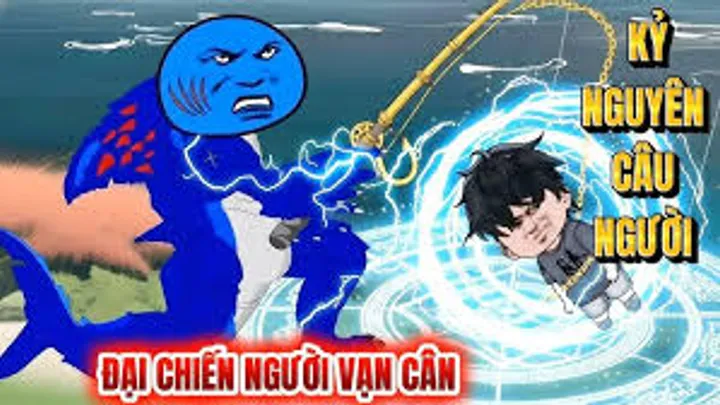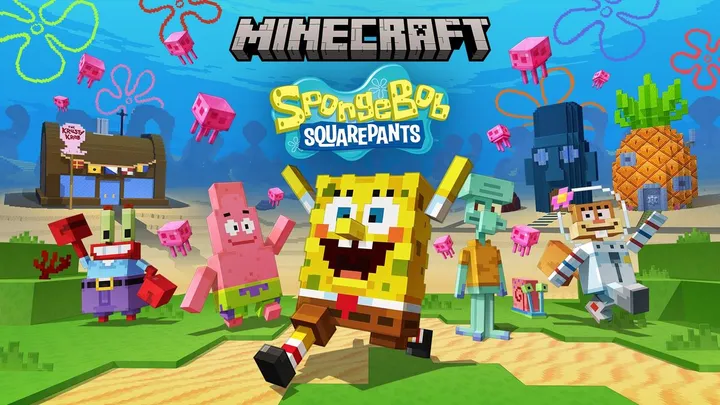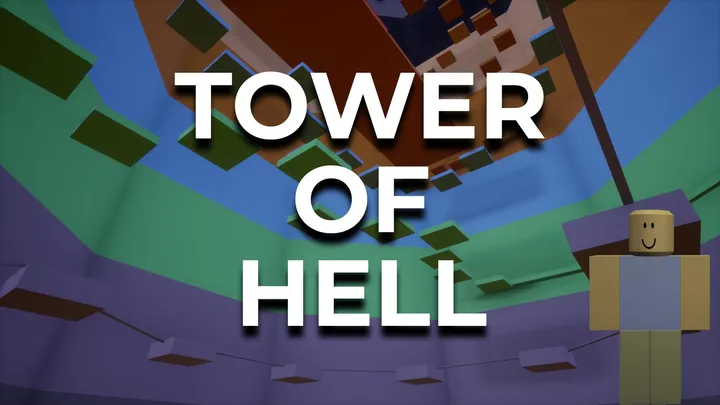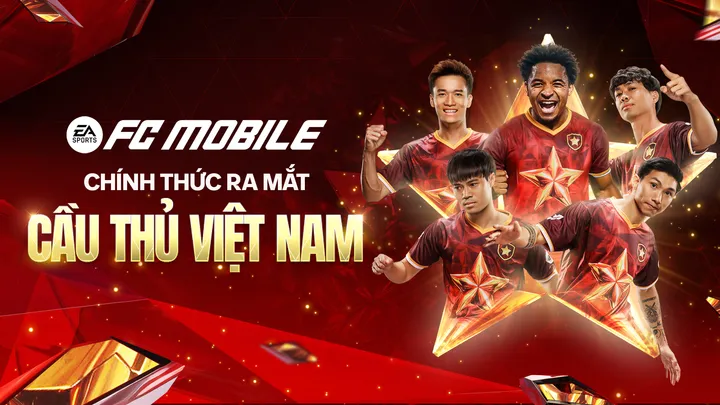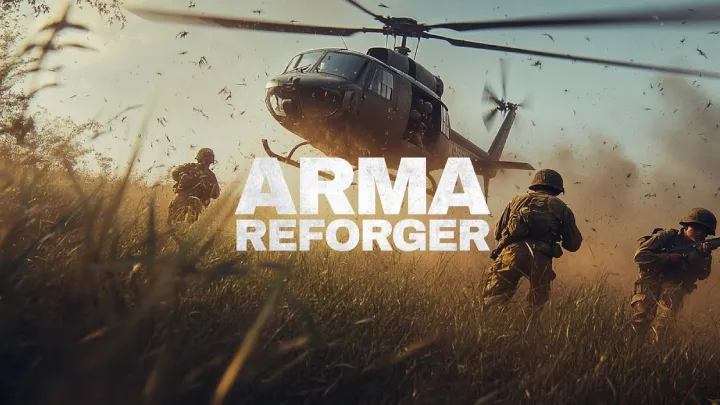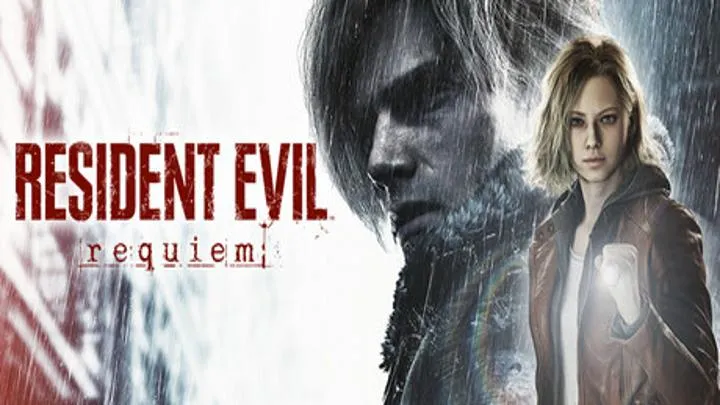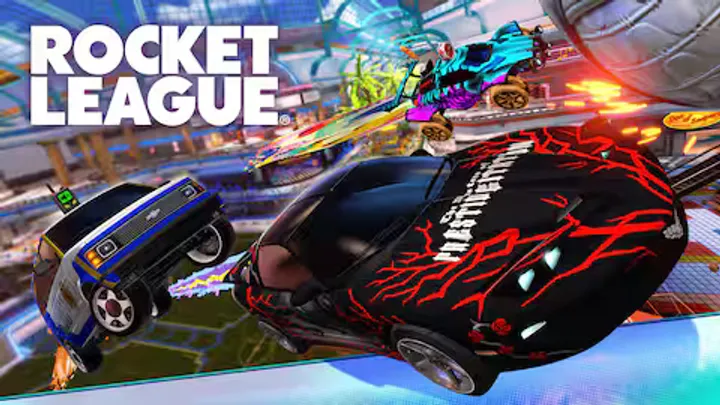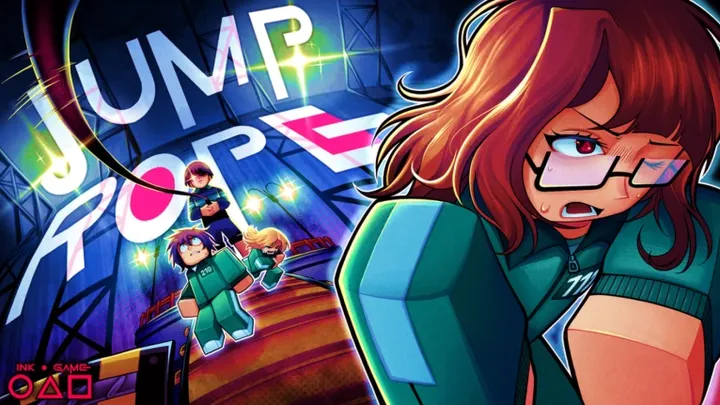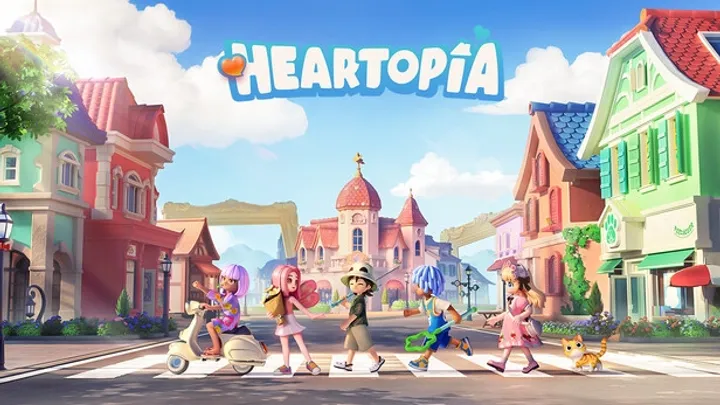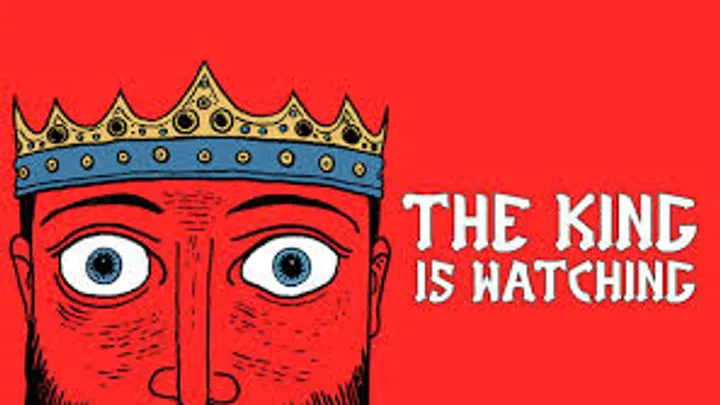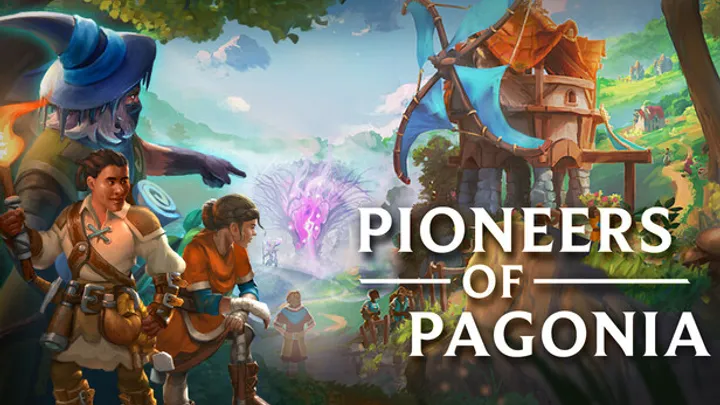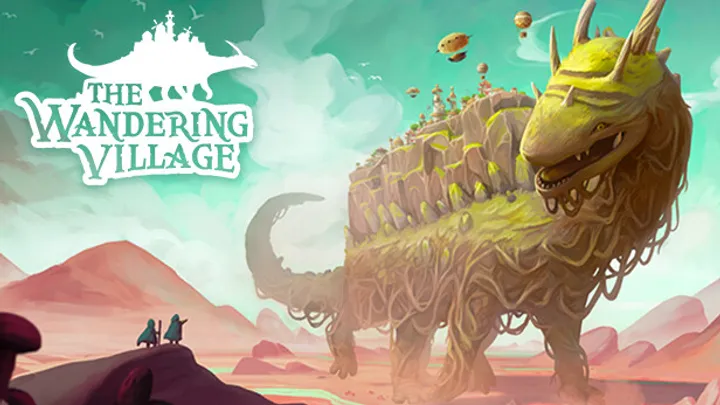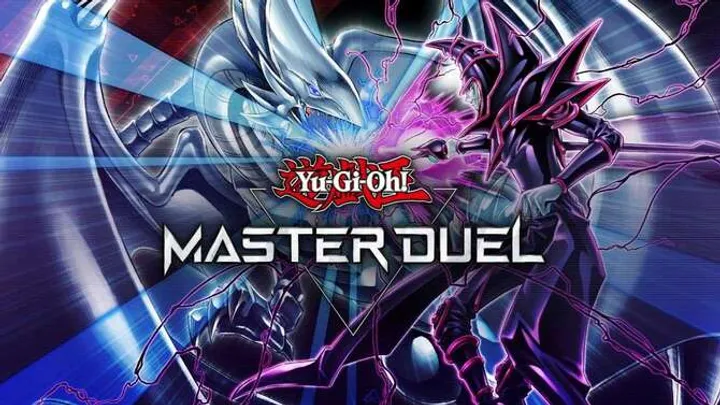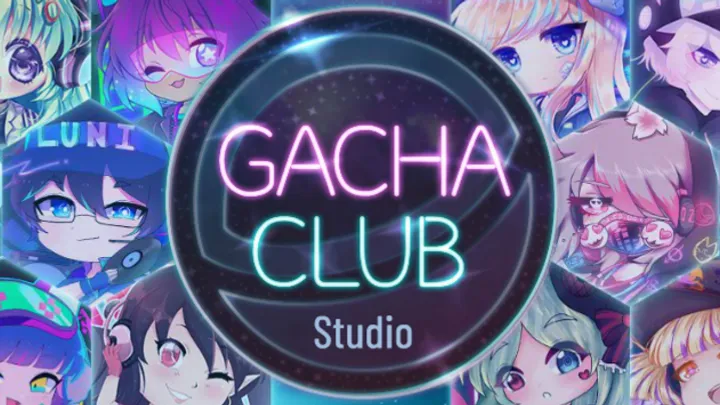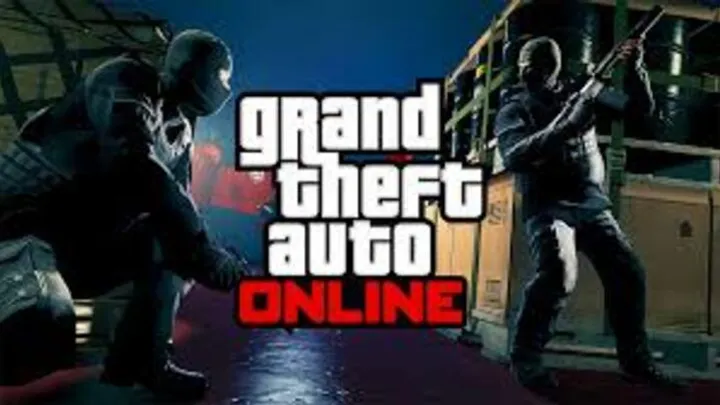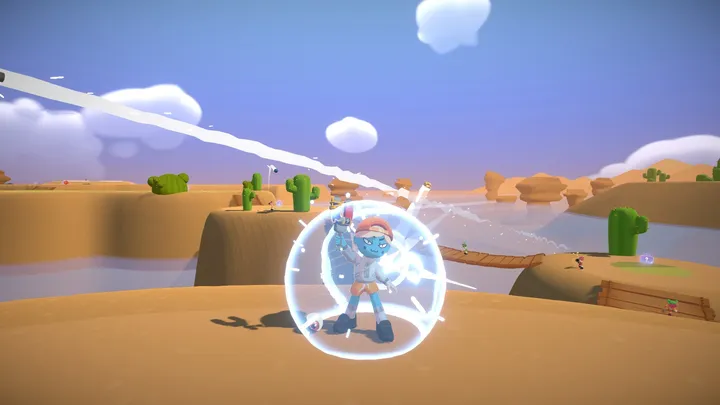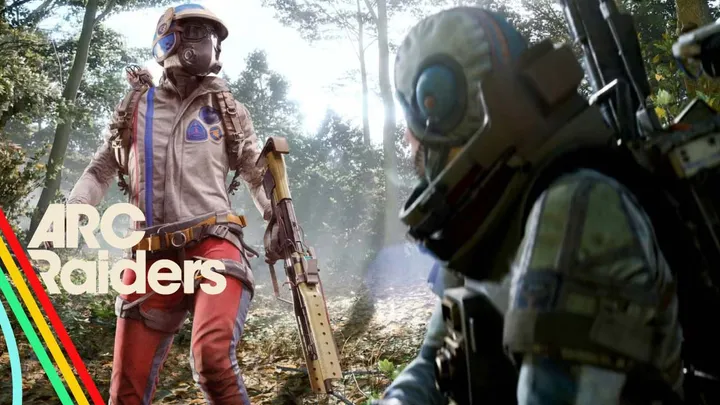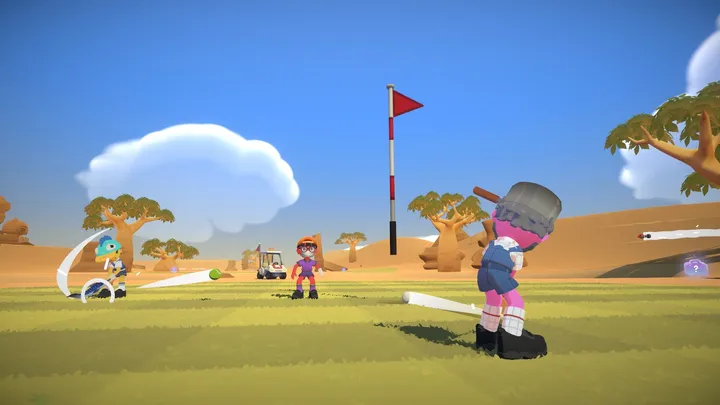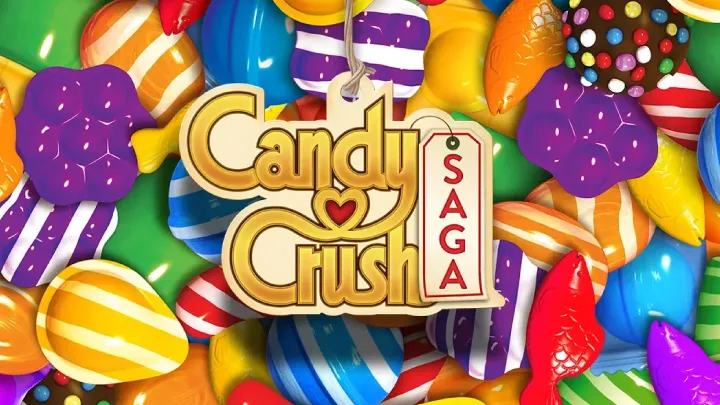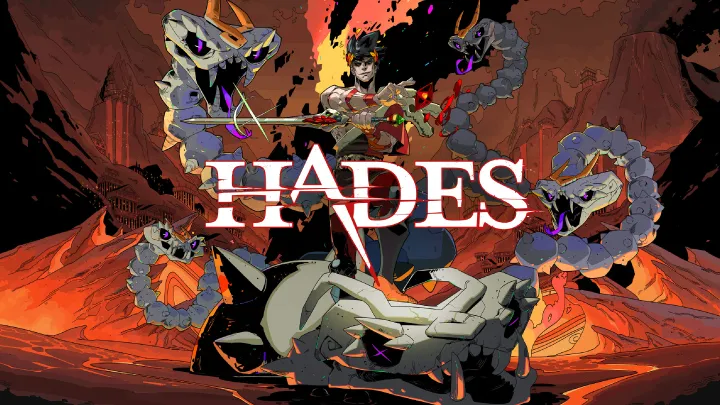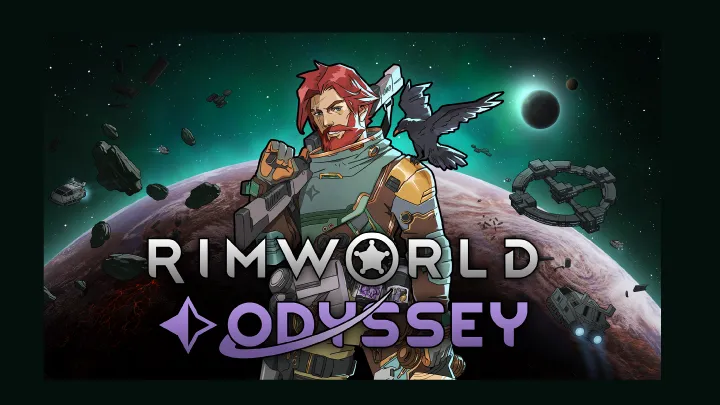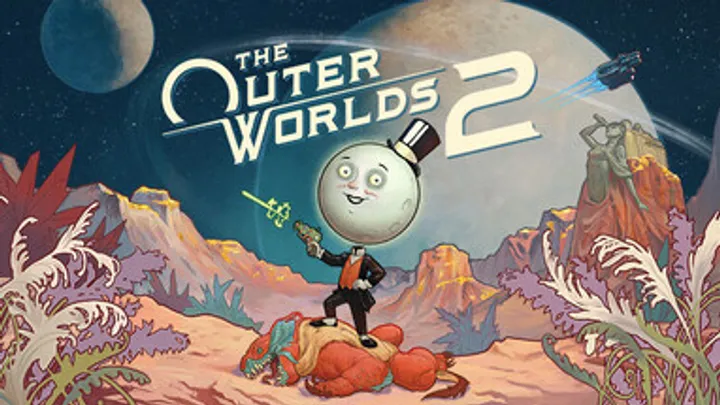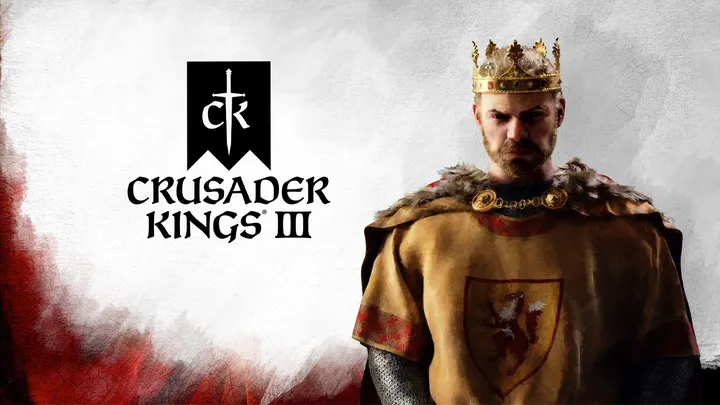Introduction
In the landscape of modern gaming, few titles have achieved the cultural penetration, educational value, and creative empowerment of Minecraft. Since its original release in 2009 by Markus “Notch” Persson and later its full release under Mojang in 2011, Minecraft has transcended the boundaries of a conventional video game. It is simultaneously a sandbox, a creative toolkit, an educational platform, and a social space.
As a games analyst, I consider Minecraft less of a “game” and more of a digital ecosystem — a self-sustaining, endlessly adaptable environment whose player base has fueled its evolution for over a decade. In this review, we’ll explore Minecraft’s core design principles, technical achievements, community-driven development, monetization model, and long-term sustainability.
1. The Sandbox Philosophy
Unlike battle royales or story-driven games, Minecraft offers no fixed objectives. Its core loop is defined not by scripted missions but by player creativity and self-set goals:
- Survival Mode – Gather resources, craft tools, build shelter, survive against hostile mobs.
- Creative Mode – Unlimited resources, instant building, and flying — pure creative freedom.
- Adventure Mode – Custom maps with restricted mechanics for curated player experiences.
- Spectator Mode – Non-interactive exploration for observation and content creation.
This “freedom-first” philosophy allows the game to cater to radically different player types — builders, explorers, redstone engineers, storytellers, and modders.
2. Procedural World Generation
One of Minecraft’s greatest technical achievements is its infinite procedural world generation:
- Biome Diversity – From snowy tundras to lush jungles, each biome has unique blocks, mobs, and weather patterns.
- Terrain Variety – Mountains, caves, rivers, and oceans generate seamlessly.
- Seed System – Players can share world seeds to recreate landscapes.
The Caves & Cliffs and Trails & Tales updates have expanded this even further, introducing deeper underground systems, new mobs, and more storytelling potential through natural generation.
3. The Building System: A Digital Lego Set
Minecraft’s block-based building is deceptively simple:
- Uniform Grid – Every block is the same size, allowing predictable and precise construction.
- Material Variety – Over 1,000 block types and decorative elements.
- Redstone Engineering – A logic system akin to digital circuitry, enabling players to create functional machines, automated farms, and even working computers inside the game.
This system has fostered architectural creativity on a massive scale — from real-world city recreations to entirely fictional fantasy worlds.
4. Survival and Progression Loop
In Survival Mode, progression follows a broad arc:
- Early Game – Punch trees, craft basic tools, build shelter.
- Mid Game – Mine iron, enchant gear, explore villages, defeat mobs.
- Late Game – Travel to the Nether, acquire rare resources, fight the Ender Dragon.
- Post-Endgame – Automation, mega-builds, modded challenges.
The beauty lies in player pacing — there’s no rush to “finish” because the game’s value isn’t in the end goal, but in the journey.
5. Multiplayer and Social Connectivity
The multiplayer experience transforms Minecraft from a solitary sandbox into a social hub:
- Realms – Official Mojang-hosted private servers.
- Public Servers – Mini-games (SkyWars, BedWars), roleplay worlds, economy-based cities.
- Cross-Platform Play – Bedrock Edition allows PC, console, and mobile players to play together.
Large multiplayer servers like Hypixel have become mini-game ecosystems in their own right, with millions of monthly players.
6. Modding and User-Generated Content
The Java Edition modding scene is a key reason for Minecraft’s longevity:
- Gameplay Overhauls – Mods like RLCraft or SkyFactory turn the game into entirely new experiences.
- Visual Enhancements – Shaders, texture packs, and lighting mods push the graphics to near-photorealism.
- Automation & Tech Mods – IndustrialCraft, Applied Energistics, and others add complex machinery and systems.
This open-ended extensibility makes Minecraft as much a platform for development as it is a game.
7. Educational Applications
Minecraft: Education Edition is a powerful teaching tool:
- STEM Learning – Redstone logic for teaching circuitry, block coding for programming basics.
- History & Geography – Virtual field trips to accurate recreations of historical sites.
- Collaboration Skills – Group projects and problem-solving in multiplayer classrooms.
Governments and schools worldwide have adopted it as a digital learning environment.
8. Monetization and Marketplace Strategy
Mojang’s monetization model is relatively player-friendly:
- Base Game Purchase – One-time cost (Java Edition) or platform-specific pricing (Bedrock).
- Marketplace – Skins, texture packs, and adventure maps sold by community creators.
- Realms Subscription – For private server hosting.
The balance between official monetization and free community mods is carefully maintained, avoiding aggressive paywalls.
9. Cultural Impact and Longevity
Minecraft is one of the best-selling games of all time, with over 300 million copies sold. Its impact extends far beyond gaming:
- Content Creation – YouTube and Twitch communities thrive on Minecraft content.
- Collaborations – Tie-ins with franchises like Star Wars and Sonic.
- Memes and Internet Culture – Creepers, Steve, and “Herobrine” are pop culture icons.
Its decade-plus relevance is unmatched in the industry.
10. Ongoing Challenges
Despite its success, Minecraft faces certain hurdles:
- Java-Bedrock Fragmentation – Two editions with different features and modding capabilities.
- Moderation in Public Servers – Toxicity and griefing remain persistent issues.
- Performance on Low-End Devices – Heavy modding or large builds can strain weaker hardware.
11. The Future of Minecraft
Looking forward, Minecraft’s future will likely focus on:
- AI-Enhanced Building Tools – Assisting players in large-scale construction.
- Deeper Lore Integration – More structured storytelling for those seeking narrative.
- AR/VR Expansion – More immersive experiences beyond Minecraft VR.
- Official Mod Support on Bedrock – Bridging the Java/Bedrock gap.
Conclusion
From a professional perspective, Minecraft is not just a video game — it’s a generational platform. It excels because it hands creative control to the players, sustains itself through a vibrant community, and adapts to technological shifts without compromising its identity.
Whether as a survival challenge, a creative outlet, an educational resource, or a social space, Minecraft offers something unique for every type of player. Its influence on gaming history is already secure, and its potential for future innovation remains vast.
Final Verdict: Minecraft is both timeless and ever-evolving — a rare combination that ensures its place in gaming’s cultural DNA.






























